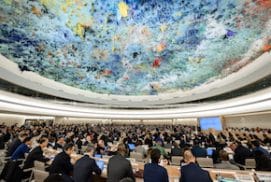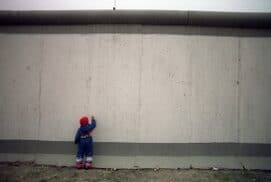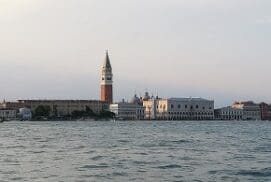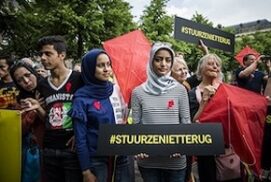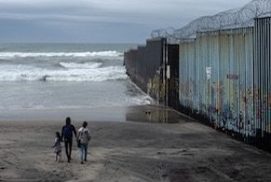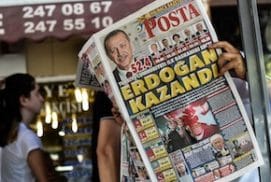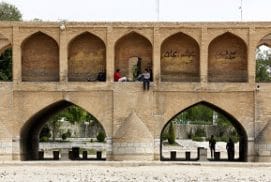The choice of Francis as his papal name by Jorge Mario Bergoglio immediately signaled the doctrinal orientation of his pontificate. Following in the footsteps of Saint Francis of Assisi, the new Bishop of Rome would uphold three guiding principles: love for the poor, care for our common home, and a commitment to a culture of encounter and peace. A commitment that his critics have sometimes labeled as populist—despite his explicit rejection of that label. Pope Francis’s outlook was, in fact, open, transnational, and pluralistic—the very opposite of European populisms. From his earliest symbolic gestures—from refusing the papal apartments to embracing migrants in Lampedusa—Bergoglio embodied a “Church that goes forth,” one that engages with the world not with doctrinal arrogance but with a spirit of service. His language, stripped of curial formalism, brought the papacy closer to the people, while the vision of the pope “from the ends of the earth” shifted the Church’s center of gravity away from Europe, toward the peripheries of the planet, and above all toward a new alliance between faiths, cultures, and peoples. In this dossier, we offer a series of reflections on the legacy of his pontificate and the future prospects of the Church.
Dossiers
- What happens when closed borders become the norm? After the pandemic, will they be back as a defining feature of 21st century life?
- Is it truly impossible to reconcile the universality of rights and the specificity of belonging? A trans-national debate stemming from Seligman and Montgomery’s paper “The Tragedy of Human Rights”
- Some historical events do not stop releasing their powerful lessons even years or decades later. That is beyond doubt the case with the fall of the Berlin Wall, and the rest of the chain of events which marked the collapse of the Soviet system over 1989. Its significance for Europe, and for ourselves, still merits being investigated thirty years later. That is what this Dossier tries to do, with the accounts and reflections by Riccardo Cristiano, Simone Disegni, Marta Facchini, Siegmund Ginzberg, and Lorenzo Monfregola.
- Contrary to all predictions of an era dominated by digital agorà, especially for the youngsters, the square is back as the primary place and instrument of protest. A comparative enquiry.
- Giuliano Amato; Sheri Berman; Mohsen Kadivar, Yael Tamir, Michel Wieviorka. A panel of highly distinguished speakers closed up the last edition of the Venice Seminars organized by ResetDoc and dedicated to the highly pressing challenge of the “dehydration” of the tradional sources of democracy. In order to give the discussions held maximum circulation, the present dossier features the proceedings of the high-level roundtable chaired by Ambassador Pasquale Ferrara, making up a remarkable chorus of voices on the way forward for a true “re-birth” of democracy.
- In the country once famous for its multiculturalism and its civil rights, today the wind seems to have changed. A new extreme right has appeared and risks changing the political landscape at the next European elections. Thierry Baudet, the leader of the Forum for Democracy, is educated, dandy, histrionic, quotes philosophers and speaks to young people and citizens. In the Dutch populist competition, it seems that Geert Wilders’ star has found a worthy competitor.
- An “illiberal trend” is haunting Europe. And the United States. It is a virus that is eating away at our democracies, which seem ever less to resemble “Liberal Democracy.” Freedom of the press and freedom of religion are being squeezed across Europe; independent institutions are contested by political parties that enjoy significant public support. The fundamental respect for human rights is no longer the guiding principle of the democracies that emerged from the Second World War.
- From Zuccotti Park in NYC to Tahrir Square in Cairo, occupy movements and other forms of urban protests have been powerful resistance movements against increasing inequality and marginalization as consequences of global neoliberal processes. These resistance movements also challenged the institutions of representative democracy, which have been irresponsive to the demands of the masses.
- On 24 June 2018, both parliamentary and presidential elections were held in Turkey. With the elections, the constitutional amendments of 2017 came into force leading to a fundamental change in the nature of the political regime in Turkey towards even more authoritarian lines. Focusing on the last constitutional amendments and the recent elections, in this dossier, our contributors address a variety of issues that are critical to understanding different aspects of today’s Turkey.
- Is the Iran nuclear deal dead? Perhaps not, after all, in spite of president Donald Trump’s decision to withdraw the United States from the Joint Comprehensive Plan of Action (JCPOA), as it is formally known.




